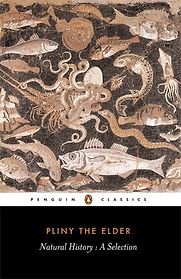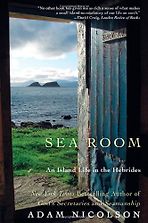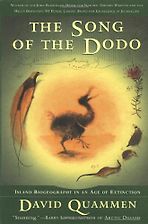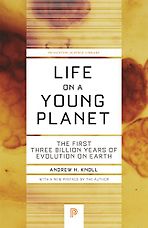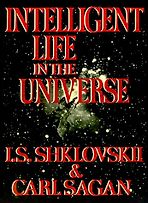Recommendations from our site
“Pliny covers a lot of ground. The Natural History was written in the first century AD and is a bit like going on a fantastical adventure trail through the natural world. He writes in detail about bees, covering everything from the division of labour inside the hive—some build, others polish…others prepare food—to the origin of honey: it is the saliva of stars, he writes, or the perspiration of the sky, or some kind of moisture produced by the air purging itself. Many Classical thinkers wrote about honeybees, and I especially love reading their descriptions for the role that their imaginations played. With Pliny, you can almost feel him filling the gaps in his knowledge with flights of fancy as he writes that honey falls to earth from a great height, picking up a great deal of dirt on the way down, sliding over foliage and becoming tainted by the juice of flowers—thereby explaining its different colours, scents and consistencies. Sometimes this guesswork proved surprisingly accurate.” Read more...
Helen Jukes, Nonprofit Leaders & Activist
“The Natural History, written before 79 AD, is one of the key works of European Classical Antiquity, a foundation of the tradition that later became known as natural philosophy and that we now call science. Among Roman authors perhaps only Lucretius, who argued the world was made of atoms, has been as influential.” Read more...
The Best Books for Growing up in the Anthropocene
Caspar Henderson, Journalist
Our most recommended books
-

Pilgrim at Tinker Creek
by Annie Dillard -

Sea Room
by Adam Nicolson -

On the Origin of Species
by Charles Darwin & James Costa -

The Song of the Dodo
by David Quammen -

Life on a Young Planet: The First Three Billion Years of Evolution on Earth
by Andrew H Knoll -

Intelligent Life in the Universe
by Carl Sagan & Iosif Shklovsky
